What is Short-Term Income Protection Insurance?
Short-term income protection insurance, as the name implies, offers insurance to protect your income in the event that you are unable to work due to illness or injury (typically offering a payment period of up to 1 – 2 years).
You will get monthly, tax-free payments from the company that are typically between 50% and 70% of your regular salary.
While you’re off work, this can assist you with meeting the following significant financial obligations:
- Family living costs – The cost of raising a child until the age of 18 was estimated to cost £160,692 in 2021. [1]
- Mortgage/rental payments – Average mortgage debt stood at £137,934 in 2021 [2], with the average rent price in 2022 standing at £1,069 (having risen 8.6% since 2021). [3]
- Bills and utilities – Energy costs make up 5% of the average UK household budget and these are set to rise in 2022. The average UK household could be spending £164 per month on gas and electric. [4]
- Childcare costs – Average cost of childcare in the UK is £138 a week for part time childcare (25 hours) and £263 a week for full time childcare (50 hours). [5]
- Debts (such as loans or credit cards) – Average debt per UK household stands at £63,582 in 2022. [6]
- Leisure costs – It’s estimated that UK households spend £205 of their monthly outgoings on recreational activities. [7]
- Other daily living expenses – Such as weekly food shop, petrol or public transport costs, phone contract etc.
But how do the two types of income protection insurance differ from one another, and which one is ideal for your needs?
Read on to learn all there is to know about short-term income protection insurance.
To assist you in identifying the best option, Daddy Insurance can compare prices for both short- and long-term income protection.
Short-Term Income Protection Key Points
Income protection insurance for the short term:
- Gives you temporary financial security if an accident or illness prevents you from working.
- Typically provides monthly, tax-free payments up to 70% of your typical salary.
- Can pay you for up to one or two years (depending on the provider)
- Payments are flexible since they are not linked to a specific financial commitment.
- After your deferred/waiting period has ended, payments will start (this is the time in between your first sick day and the day your payments commence)
- Payments will continue until you start working again, the end of the payment period specified in your policy, or the end of the term for your insurance (whichever happens first)
- Due to the shorter payout duration, coverage is typically less expensive than long-term income protection.

Do I Need Short-Term Income Protection Insurance as a Dad
Your unique situation will ultimately determine if you require short-term income protection insurance.
If you are a dad who has financial obligations, a family to support, or both will probably benefit from having income protection in place to help them get by in the event of illness or injury.
You may profit from short-term income protection insurance specifically if:
- You want to put some type of protection in place but are on a restricted budget (premiums for short-term income protection tend to be cheaper than long-term)
- You’re employed and receive sick pay, or you have other financial options (short-term income protection can help to top these up)
Long-term coverage may be advantageous for those who are self-employed, do not receive full sick pay, and/or do not have their own personal funds.
This is because long-term income protection insurance offers the opportunity for extended payout periods, allowing you to be protected for the whole of your working life.
You can decide if short-term income protection insurance is the correct choice for you by evaluating your existing financial condition.
As an alternative, you might speak with our advisors here at Daddy Insurance. A helpful team member will be able to listen to your situation and suggest the best course of action.
What Does Short-Term Income Protection Insurance Cover
Short-term income protection insurance will cover you as a dad for accidents and sickness. This includes:
- Serious illness that leaves you unable to work.
- Serious injury that prevents you from working.
There isn’t a specific set of illnesses and definitions listed within your policy, so you can claim for any illness that prevents you from working (unless it’s pre-existing).
You’ll also be able to claim for injuries sustained from an accident, regardless of whether the accident happened at work or not.
Are there any exclusions?
An exclusion is something that is excluded from your cover and means you won’t be able to make a claim for this reason.
There may be some exclusions written into a short-term income protection insurance policy. These can include (but are not limited to):
- Pre-existing medical conditions.
- Self-inflicted injuries.
- Injury or illness because of alcoholism or drug misuse.
- Unemployment (both voluntary and involuntary).
Short-Term Income Protection Insurance Policy
A short-term income protection insurance policy will pay out to you if you’re unable to work due to sickness or injury.
You’ll be able to select certain key policy features to ensure the policy best meets your needs. These include:
Deferred Period
This refers to how long you must be out of work before receiving benefits.
After your postponed time expires, payments will only start if you’re still unable to work.
Deferred periods typically range from 4 to 52 weeks (but this can vary between providers).
Your unique situation will determine how long your deferred should be.
If you get sick pay, for instance, you may decide on a postponed period that would finish when you ceased getting sick pay.
Definition of Incapacity
This will define the circumstances in which you can make a claim on your policy. Typically, there are three definitions:
- Own Occupation – Will allow you to claim if you’re unable to do your specific job role. This is the most comprehensive definition.
- Suited Tasks – If you’re unable to do your own job you may be asked to do another job that’s suited to your skills and experience instead. If you can’t do either, you’ll be able to claim.
- Any Occupation – You’ll only be able to claim if you’re unable to work at any job.
Payment Period
The payment period is the period of time in which you’ll receive your income protection payments.
This could be as little as 5 years or could last up until you reach retirement age (if your condition leaves you unable to work again).
How long you’d like your policy to pay out for will depend on your personal needs.
Those who don’t have access to other sources of income may choose a longer payment period to avoid (falling into debt?) having to dip into their own savings.
Premium Payment
This will outline how you pay for your policy.
Common premium payment types include:
- Guaranteed – These are premiums that remain fixed throughout the lifetime of your policy.
- Reviewable – These are premiums that will change over time (this could be for a variety of factors such as age or risk).
- Age-Banded – These are premiums that will increase each year as you age (usually at a guaranteed rate).
Contact a friendly member of the Daddy Insurance team who can help you to secure a short-term income policy, with the right terms to meet your needs, at the best available price.
How Much Does a Short-Term Income Protection Insurance Policy Cost
The price you pay as a dad for income protection insurance will depend on your personal circumstances.
However, the exact price you’ll pay for income protection insurance will depend on a variety of factors. These include:
- Age
- Whether you smoke
- Health and wellbeing
- Occupation
- Lifestyle
- Length of deferred period
- Length of payment period
- Definition of incapacity
Short-Term Income Protection Insurance Premiums
You can also choose how you would like to pay for your premiums with a short-term income protection insurance policy.
Premium payment options include:
Reviewable premiums: These are premiums that can change overtime at the discretion of your provider. Premium changes could be because of a variety of factors (for example, as your age or level of risk changes). This premium could mean that you pay more than you originally set out.
Age banded premiums: These are premiums that will increase each year as you age (usually at a guaranteed rate). While you could pay more each month throughout the policy lifetime, with this premium payment type other factors (such as your smoking status) may not be considered when calculating the cost of your premiums.
Guaranteed premiums: These are premiums that remain the same throughout your policy. So, you won’t pay more.
Can Short-Term Income Protection Insurance Cover a Mortgage?
You can pay your monthly mortgage payments using short-term income protection payments, yes.
You can use income protection payments for anything you need, including making mortgage payments, as they aren’t linked to any particular financial commitment.
The amount you receive each month, however, isn’t guaranteed to cover the full cost of your payments because the amount of insurance you receive is based on a percentage of your regular income (especially if you have other financial commitments to cover too).
Alternatively, you could buy:
Critical Illness Cover
This could either be taken out with a life insurance policy or as a standalone policy. It can provide you with a lump sum pay out if you’re diagnosed with a critical illness and unable to work. Depending on your remaining mortgage balance and cover amount, this lump sum could be budgeted monthly or be used to pay off your mortgage in full. Life insurance with critical illness cover can be purchased through Daddy Insurance.

How Much Will Short-Term Income Protection Insurance Pay Out?
Your unique situation will affect how much your short-term income protection policy will pay out.
The typical payout range for insurance policies is between 50% and 70% of your average monthly income.
For instance, if your annual salary was £50,000 and your policy paid out 60% of your income over 12 months, you may receive £2,500 each month (for a total of £30,000 over the course of your policy’s lifetime).
You can compare prices from our panel of insurance providers, some of which pay out up to 70% of your regular salary, with the aid of Daddy Insurance.
When Does Short-Term Income Protection Insurance Pay Out?
Once your postponed period has ended, you will start to receive your short-term income protection insurance payments.
The time between your last day of employment and the beginning of your policy’s benefits is known as the deferred period. After your postponed period has passed and you are still unable to work, payments will only start.
Your specific needs will determine how long you would like your deferred period to be.
For example, someone who has no other sources of income available may need a shorter deferred period than someone who receives sick pay or has their own personal savings.
Tips for Securing Short-Term Income Protection Insurance
- Assess your current financial situation – This can help you to determine what other sources of income you have available to you and what financial commitments you have to take care of. This can help you to establish whether short-term or long-term cover will best meet your needs.
- Lead a healthy lifestyle – Smoking is a lifestyle choice which can increase the risk of your premiums due to the associated health implications. Quitting smoking is just one thing you can do to help lower the price of your premium.
- Only take out the amount of cover you need – While providers will offer you a maximum benefit amount, it’s not always necessary to take out the full amount.
- Depending on your personal circumstances, you could avoid paying for unnecessary cover by only taking out what you need.
- Take out cover sooner rather than later – The price that you pay for income protection will increase as you get older. So, taking out cover sooner rather than later can help you to lock in the most affordable premium price.
- Compare multiple quotes – Comparing quotes will allow you to ensure that you’re getting the right policy to meet your needs at the best available price. Why not let Daddy Insurance help you with this?
Compare Short-Term Income Protection Insurance Quotes
By comparing quotes, you can secure the best deal on a short-term income protection insurance policy that meets all of your needs.
Why not let Daddy Insurance help you do this?
This will allow you to compare multiple quotes, from our panel of insurance providers, while having a dedicated expert on hand to answer any questions you may have.
Quotes are personalised, fee-free and completely without obligation.
Simply get in touch with Daddy Insurance for your personalised, free, short-term income protection insurance quote.
Sources:
[1] https://cpag.org.uk/sites/default/files/files/policypost/Cost_of_a_child_2021.pdf
[2] https://moneynerd.co.uk/average-mortgage-debt/
[3] https://homelet.co.uk/homelet-rental-index
[4] https://www.nimblefins.co.uk/average-cost-gas-electricity-bill-uk-household
[5] https://www.moneyhelper.org.uk/en/family-and-care/becoming-a-parent/childcare-costs
[6] https://themoneycharity.org.uk/money-statistics/
[7] https://www.nimblefins.co.uk/average-uk-household-budget



